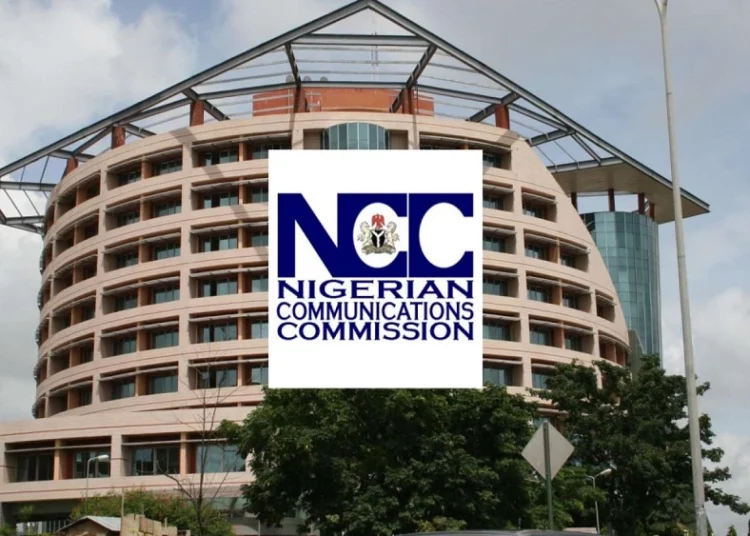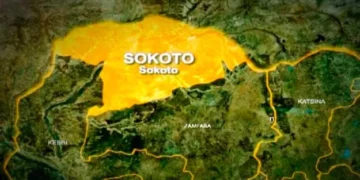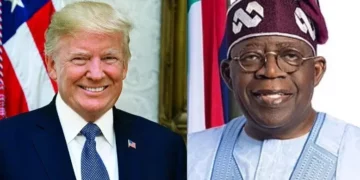In a decisive step toward bridging Nigeria’s digital divide, the Nigerian Governors’ Forum (NGF) has pledged support for the Nigerian Communications Commission’s (NCC) plan to reduce costs and accelerate broadband access across the country.
During a courtesy visit to the NGF Secretariat in Abuja, the Executive Vice Chairman and Chief Executive Officer of the NCC, Dr. Aminu Maida, outlined key policy bottlenecks that continue to stifle broadband growth, particularly the high Right of Way (RoW) fees charged by states.
According to a statement by the director media and strategic communications of NGF, Yunusa Abdullahi, the NCC chairman described the N145 per linear meter levy as a major burden on telecom operators, stressing that waiving or reducing the fees would unlock faster fibre optic deployment and expand access.
“The Right of Way is a critical element in opening up the digital economy, and this lies within the purview of the states,” Dr. Maida said.
He praised the NGF’s openness to collaboration, noting that aligning national and subnational policies would be a “game changer” for Nigeria’s digital economy.
Responding, NGF Director-General, Mr. Abdulateef Shittu, declared the Forum’s readiness to deepen partnership with the NCC, describing broadband and secure digital infrastructure as “foundational public goods” for state development.
He noted that while Nigeria has recorded rapid connectivity growth, broadband penetration remains below the threshold required for inclusive digital transformation.
Shittu proposed a four-point partnership framework with the NCC: establishing State Broadband Coordinating Councils to align policies, harmonising RoW rules and trenching protocols, strengthening resilience of critical national information infrastructure (CNII), and enhancing information-sharing platforms for capacity building at the state level.
He highlighted the World Bank-supported SABER initiative as a successful example, pointing out that several states which harmonised RoW fees and streamlined fibre deployment had witnessed rapid growth in fibre kilometres and improved access to high-capacity networks.
“Expanded fibre coverage raises productivity, supports job creation, broadens access to education and health services, and enlarges the taxable base available to state governments,” the NGF DG said.
Both Dr. Maida and Mr. Shittu emphasised the socio-economic gains of improved broadband access. Dr. Maida noted that reducing RoW barriers would not only enable telecom companies to build value chains but also generate more revenue for states through taxation.
The NGF further proposed leveraging the upcoming NCC Business Roundtable to secure concrete commitments from states.
Shittu suggested follow-up workshops to share best practices from leading states and develop toolkits for others, with measurable targets and timelines for adoption.
As Nigeria pursues universal, affordable, and resilient connectivity, the NCC–NGF partnership marks a significant milestone.
With states controlling key processes like land use and security, the governors’ backing is expected to ease bottlenecks and drive investments.
“We will bring political will, coordination capacity, and the convening power of the governors to bear on this agenda,”Shittu affirmed, while Dr. Maida pledged the NCC’s technical leadership and regulatory clarity to ensure that broadband expansion is both rapid and secure.





